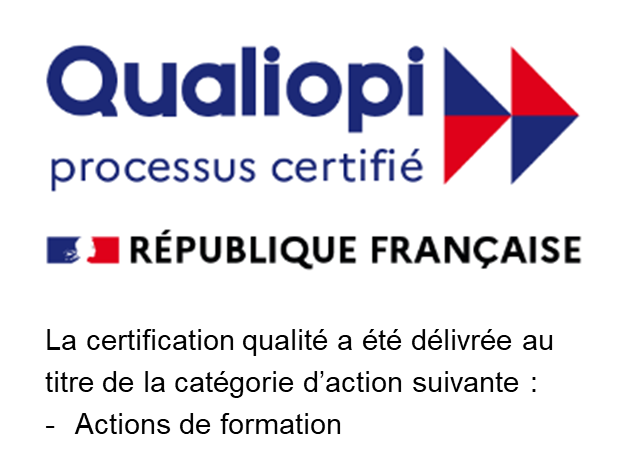By Laurette Bennhold-Samaan
•
October 29, 2024
In today’s rapidly evolving market, businesses have to adapt quickly to scale and stay competitive. At the heart of this challenge is a crucial function that supports all of that growth and adaptation: global talent mobility. More than just moving people from one point to another, effective relocation programs increase productivity, bolster talent acquisition and retention, drive business development, and result in market expansion and financial gains for an organization. So why do so many leaders still consider talent mobility to be an expense instead of a strategic investment? Below, we’ll discuss the importance of shifting perceptions, the long-term positive impacts relocations have on a business’ bottom line, and how internal mobility and HR/talent management teams can start building a business case for organizational leadership buy-in to invest in global talent mobility. Why Global Talent Mobility is a Strategic Investment Recent research from Localyze, which includes data from 240 European business leaders and managers across 4 countries, has revealed that global talent mobility benefits an organization’s bottom line in 10 areas: access to global talent, business profits, cultural awareness, knowledge sharing, innovation, employee retention, employee satisfaction, employee morale, faster hiring and DE&I. In addition, the expenses associated with relocations are far outweighed by an ROI gain of up to 270% when it comes to impact on productivity, talent retention, and overall profitability. In short, because of their daily exposure to mobile populations and associated relocation processes, talent mobility professionals play an integral role in achieving mobility objectives — but they’re also uniquely positioned to offer data-driven insights that can support and contribute to a company’s overarching goals and success. Talent Mobility: The gift that keeps on giving When it comes to innovation, competitiveness, and growth, a company’s success is directly tied to the development and engagement of its greatest asset: its employees. Global talent mobility accomplishes immediate goals by getting the right talent where a company needs it to be in the moment – but when used strategically, it also contributes to long-term gains. The following inter-related benefits should always be considered when calculating mobility’s true value to an organization:
















